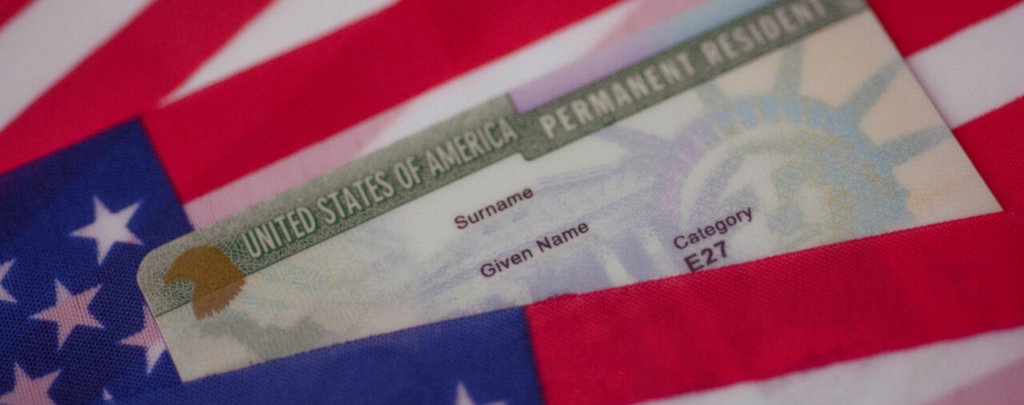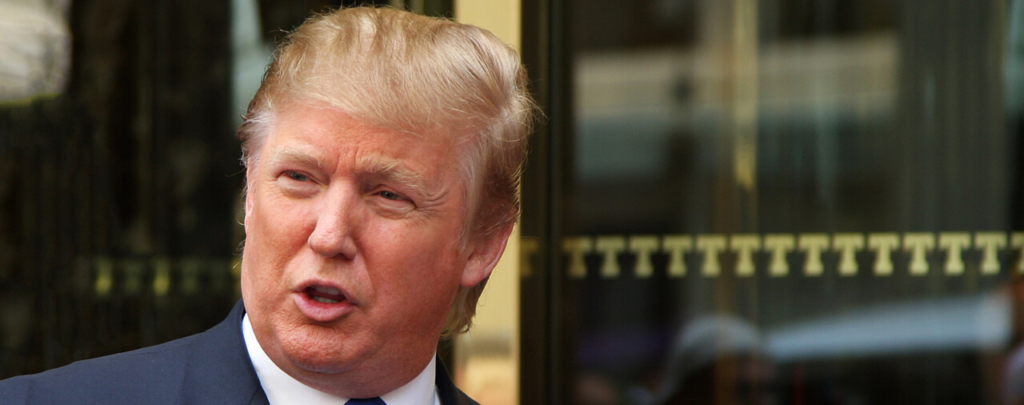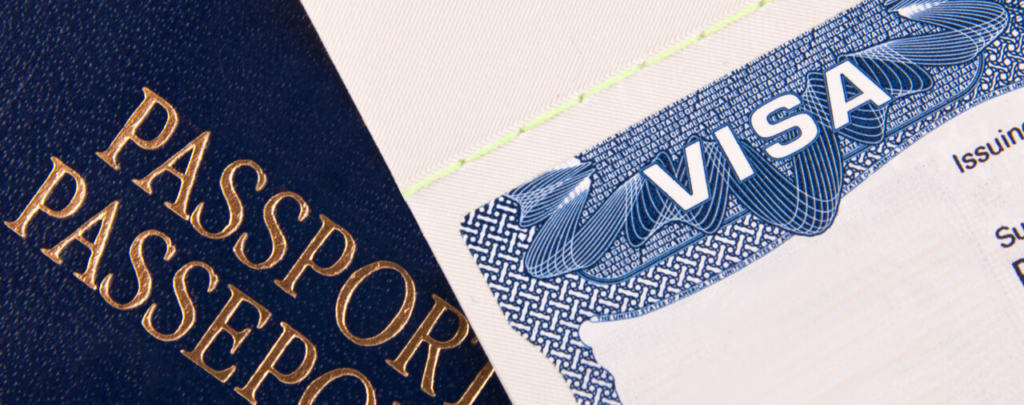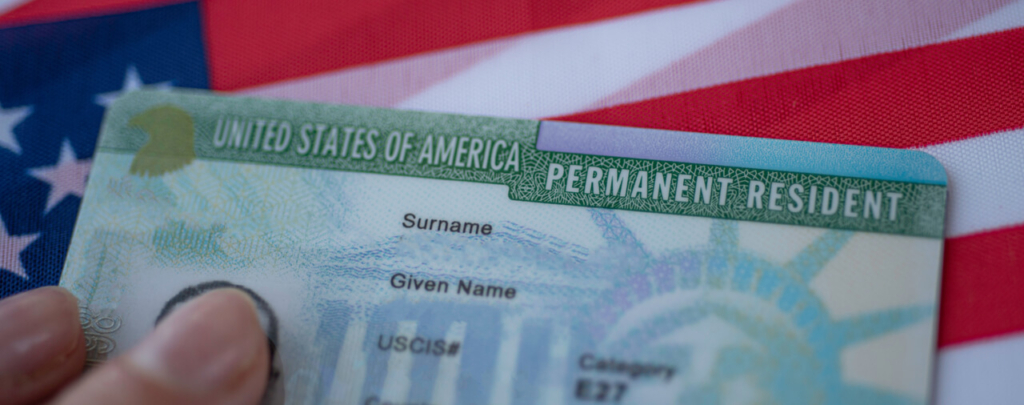
Eligibility to Receive a Second Immigrant Visa While on LPR Status
An LPR can get a second immigrant visa in a different preference category through the consular processing procedure – more details in the post.
Home Immigration Blog Immigration To The USA Consular Processing

An LPR can get a second immigrant visa in a different preference category through the consular processing procedure – more details in the post.

Commuter lawful permanent residents residing in Canada, Mexico may be classifiable as special immigrant returning residents if they commute to work in the USA.

We address the limited information on the DOS’s and USCIS’s use of bone age testing to determine whether an individual is under age 21.

Under 222(g), a nonimmigrant who commits a visa overstay will have his or her visa automatically canceled and be subject to restrictions on seeking future admission

This explains visa refusals under 221(g), for inadmissibility, and for failure to establish nonimmigrant intent and how an attorney experienced in consular practice can help.

Symbols and Coding used by DHS, DOS and other agencies on immigration documents

27 Whitehall Street, 5th Fl New York, NY. 10004
Attorney Advertising: prior results do not guarantee similar outcomes.

Copyright © 2025 My Attorney USA. All Rights Reserved